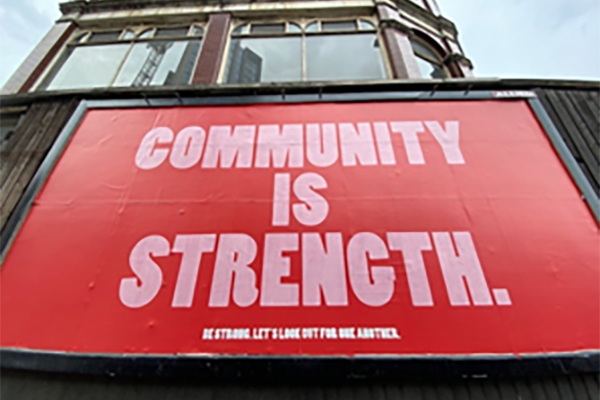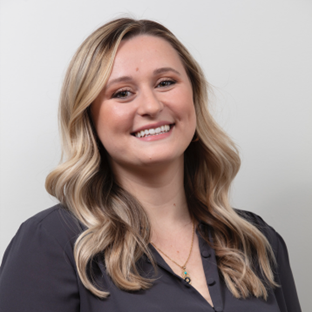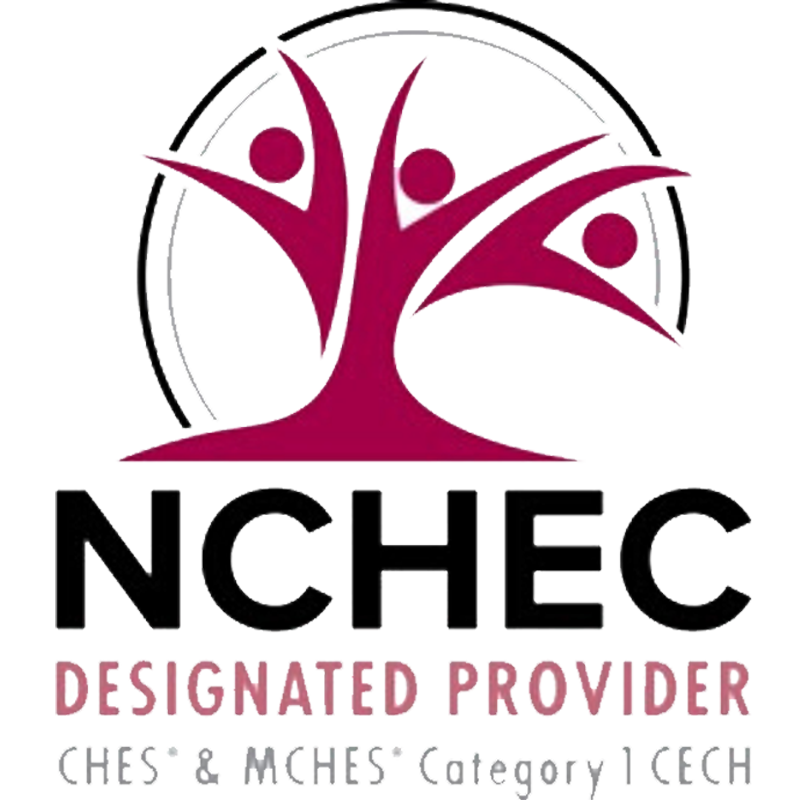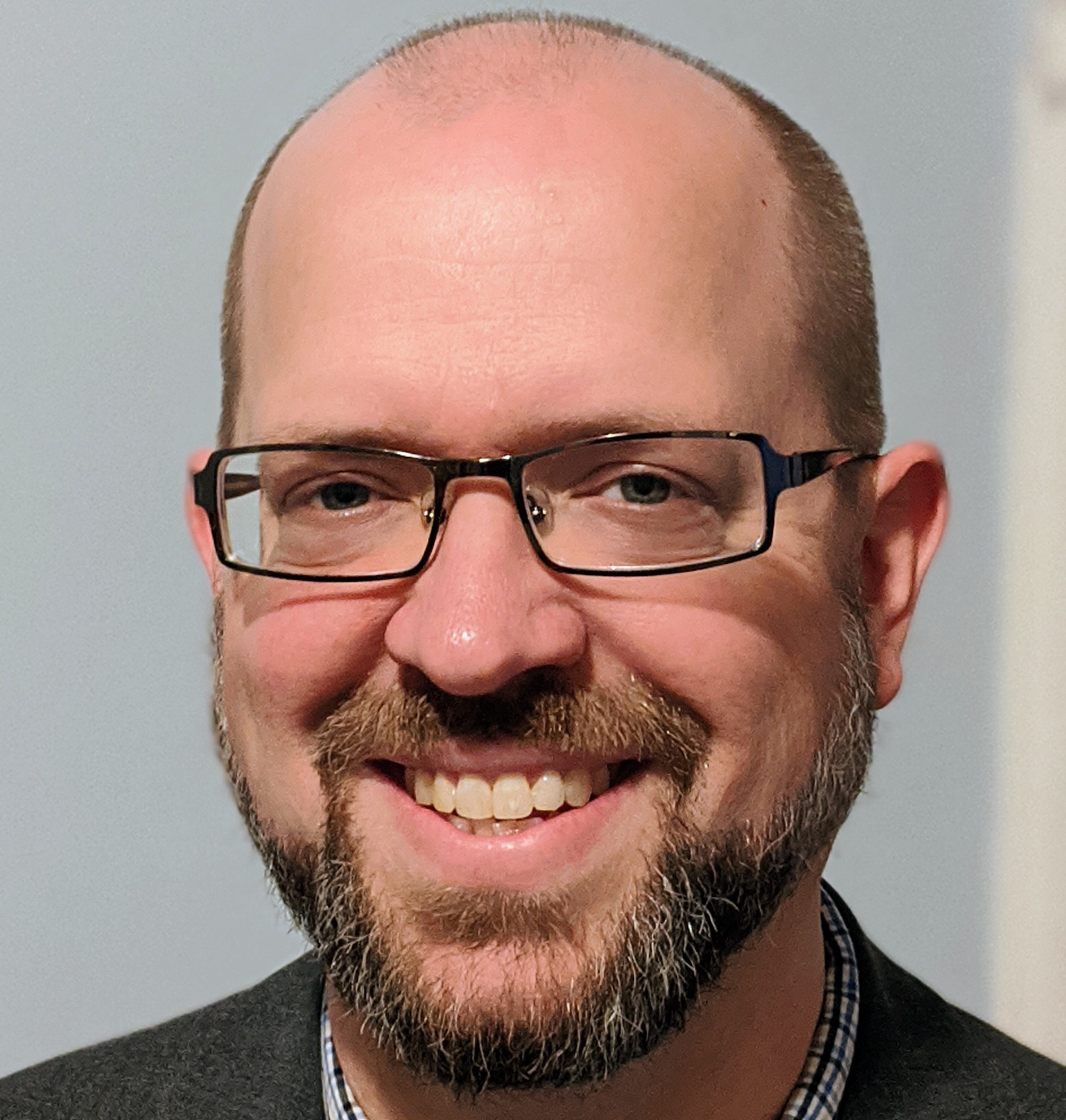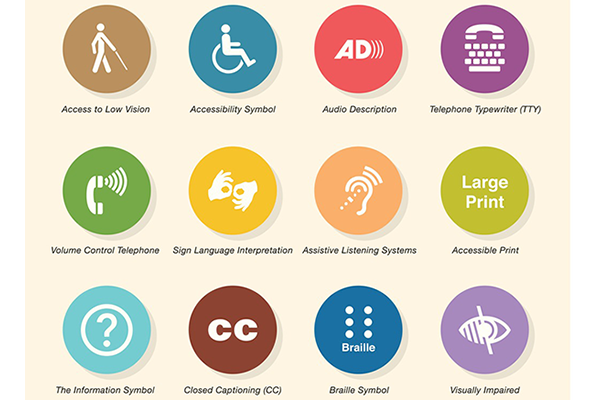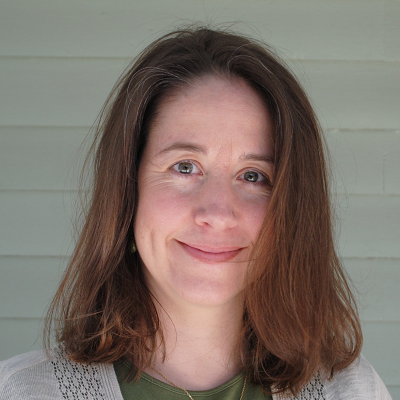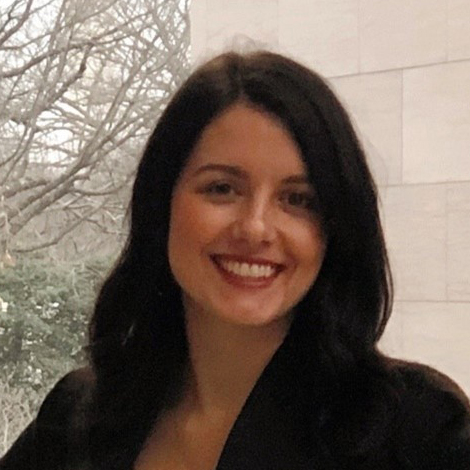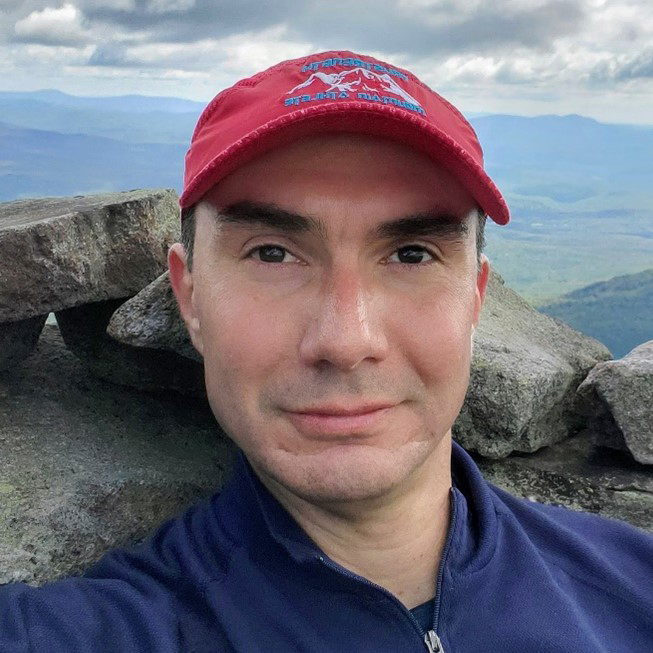
Introduction to Ethics for CHWs
What types of ethical dilemmas do you encounter on the job and how do you respond to these dilemmas? If you want more time to reflect on the types of ethical dilemmas faced by CHWs this course will be a good introduction for you.

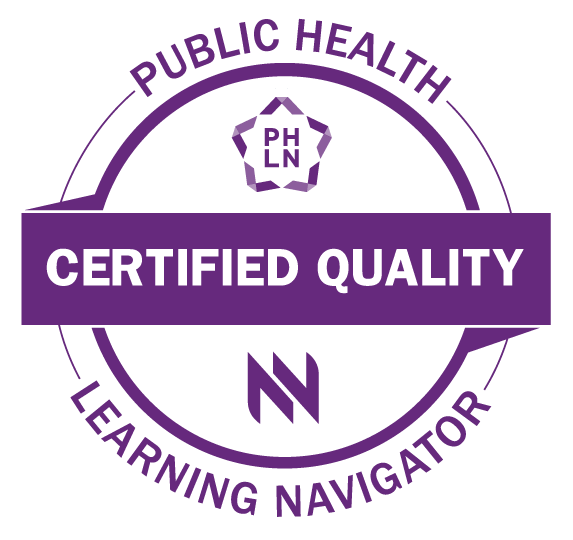
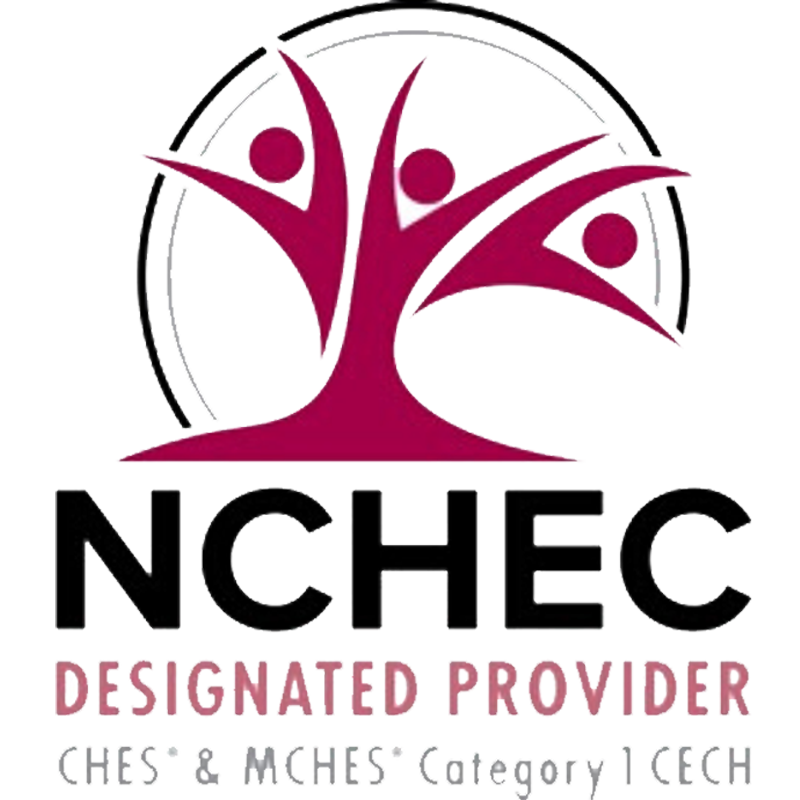
Course Information
- Audience: Community Health Workers, CHW Supervisors, Health Education Professionals
- Format: Self-paced
- Price: Free
- Length: 1 hour
- Credential(s) eligible for contact hours: Sponsored by New England Public Health Training Center (NEPHTC), a designated provider of continuing education contact hours (CECH) in health education by the National Commission for Health Education Credentialing, Inc. This program is designated for Certified Health Education Specialists (CHES) and/or Master Certified Health Education Specialists (MCHES) to receive up to 1 total Category I continuing education contact hours. Maximum advanced-level continuing education contact hours are 0. Provider ID: 1131137 Event ID: SS1131137_IECHW.
If you are not seeking CHES/MCHES contact hours, if you complete the evaluation, you will receive a Certificate of Completion. The Certificate will include the length of the course. - Competencies: Communication Skills, Health Equity Skills
- Learning Level: Awareness.
- Companion trainings: A Brief Introduction to HIPAA for CHWs, Interviewing
- Pre-requisites: None
- Technical Requirements: This training was created with Articulate Storyline. Please refer to the Articulate 360 System Specifications to ensure your system meets the minimum requirements for viewing.
About this course
Community Health Workers face ethical dilemmas on a daily basis. Ethical challenges can range in severity and in some cases can be quite complex. This short introduction raises awareness of what is an ethical dilemma and equips CHWs with tools to assist them when making decision about the best course of action.
What you'll learn
After completing this course, you will be able to...
- Recognize the definition and purpose of a code of ethics
- Identify conditions for a situation to be considered an ethical dilemma
- List 3 resources available to assist CHWs to make decisions about the best course of action for each ethical dilemma encountered.
Subject Matter Expert
-
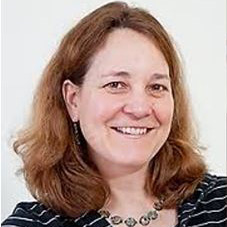
Dawn Heffernan
Dawn Heffernan is a nurse and a public health professional who has supervised and trained community health workers for over a decade. Ms. Heffernan is passionate about community health and education. In addition to developing training for the New Public Health Training Center, she is currently working for Partners in Health as a case investigator for the corona virus pandemic.
Enrollment and Contact Hours
Select the Enroll button below to register for the course. If you have any trouble accessing the course, contact support@nephtc.org.
Acknowledgement:
This project is/was supported by the Health Resources and Services Administration (HRSA) of the U.S. Department of Health and Human Services (HHS) under grant number UB6HP31685 “Regional Public Health Training Center Program.” This information or content and conclusions are those of the author and should not be construed as the official position or policy of, nor should any endorsements be inferred by HRSA, HHS or the U.S. Government.






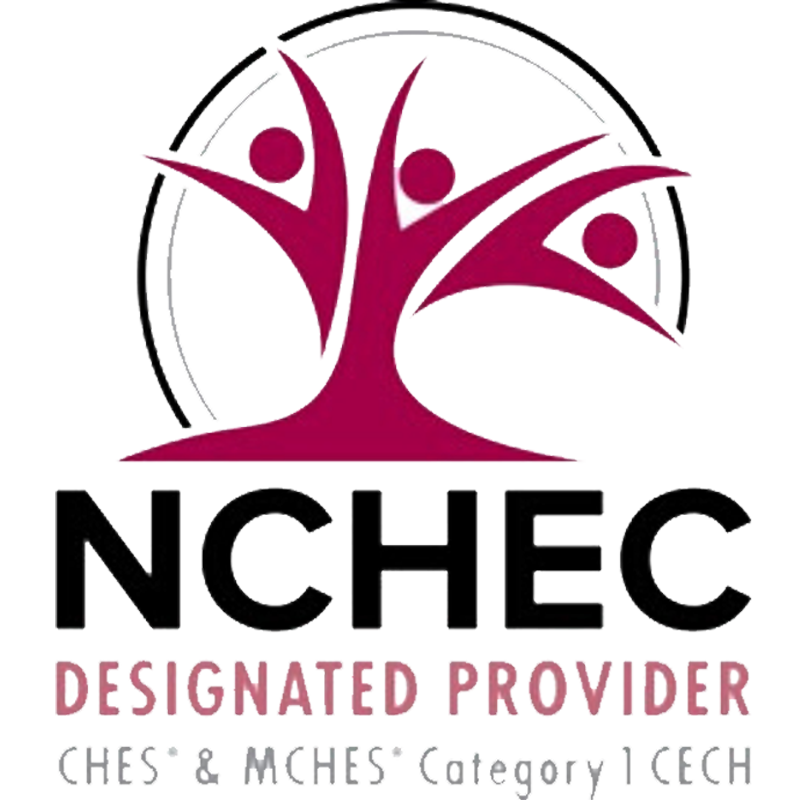





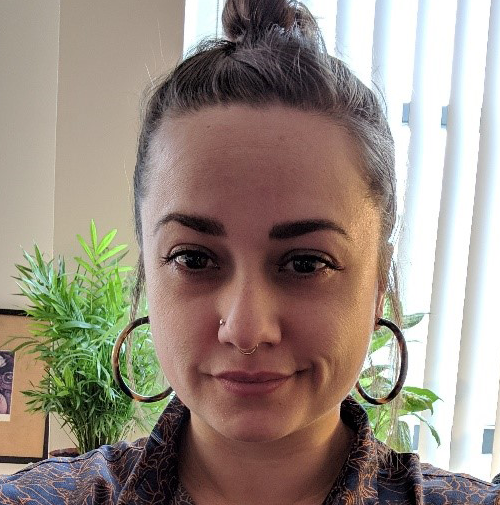


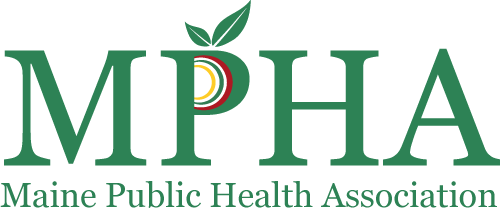
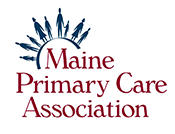
 Maddie Blair, MPH
Maddie Blair, MPH








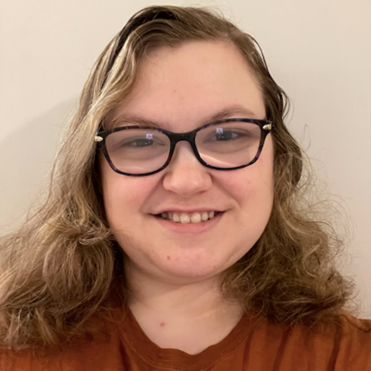
















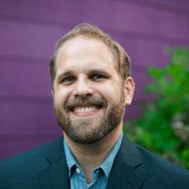
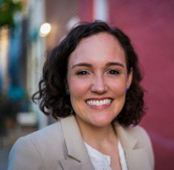














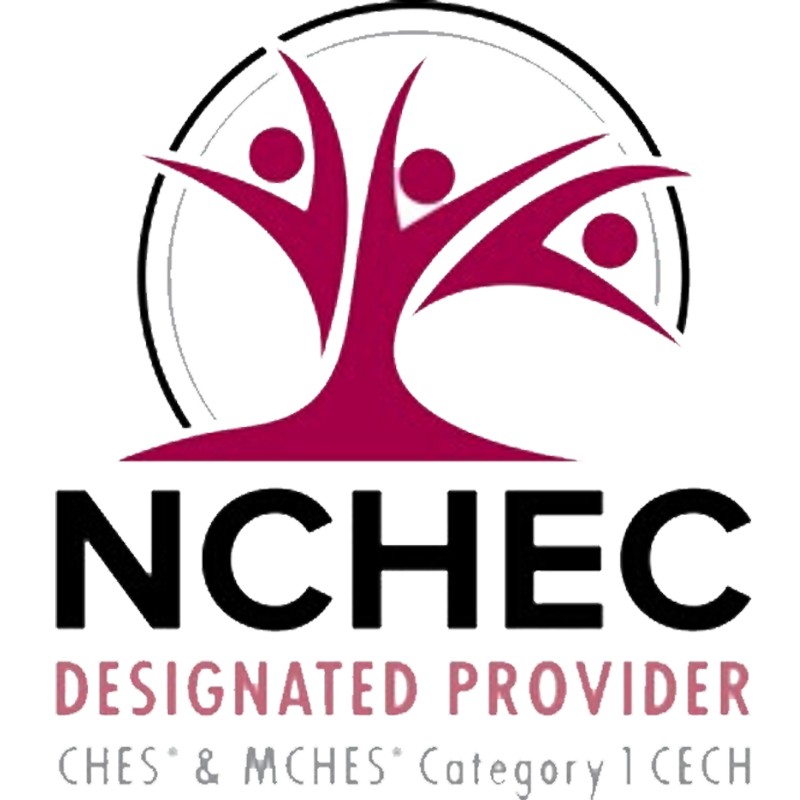








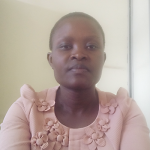




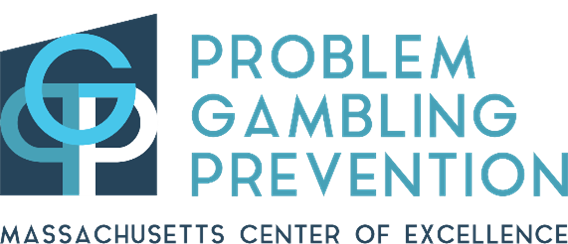
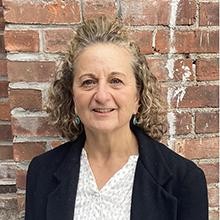 Jacqueline Dick, MS,
Jacqueline Dick, MS,









 Debra Morris, MPH,
Debra Morris, MPH, Ben Spooner, BS, CPS
Ben Spooner, BS, CPS

